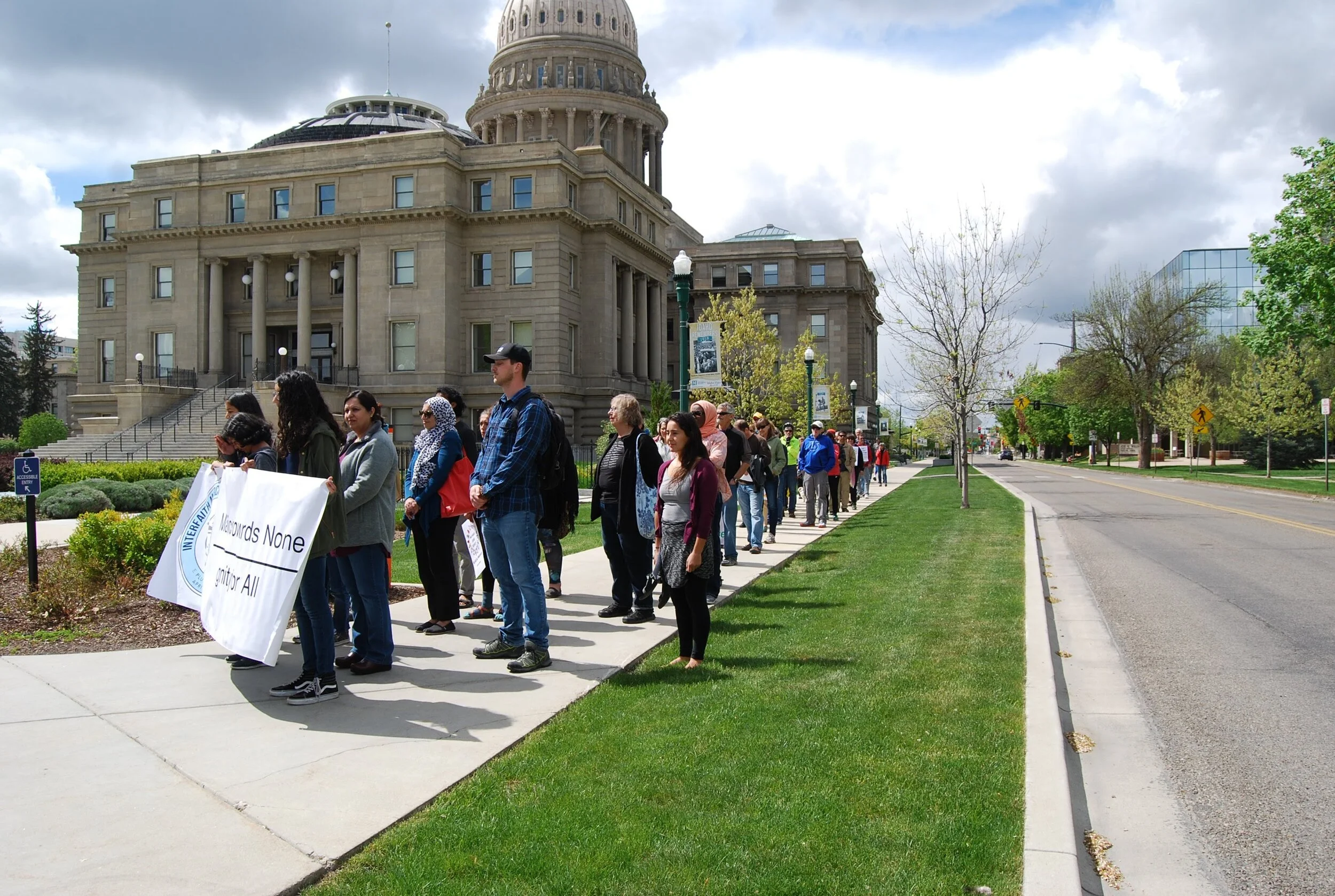Religious Freedom Part 3: Making the World Safe for Diversity
by Rick Love
This is part three is a series on freedom of religion. See here for part 1 and part 2.
Over fifty years ago, President John F. Kennedy gave a compelling commencement address on world peace. In one of his famous quotes, Kennedy declared, “If we cannot end now our differences, at least we can make the world safe for diversity.”
What a profoundly practical definition of peace.
So how do you feel about making the world safe for diversity?
Coca Cola ran an ad for the 2014 Super Bowl celebrating America’s diversity by featuring a beautiful rendition of “America the Beautiful” sung in English, Tagalog, Spanish, Hebrew, Hindi, Keres, and Senegalese-French. I personally was deeply touched, but many Americans reacted negatively.
I understand that everyone struggles with diversity at some level. We don’t like certain beliefs or lifestyles. But diversity is a fact of life in the 21st century, and America is one of the most religiously and ethnically diverse nations on earth.
I once sat next to an Ayatollah from Iran during a meeting about freedom of religion and at one point in the discussion, he declared, “Everyone has the right to be wrong!” I laughed.
He turned to me and growled, “Why are you laughing?”
I said, “I agree with what you are saying; it just sounds funny when you put it that way.”
It sounds funny, but this pithy saying, “Everyone has the right to be wrong,” describes one of the keys to making the world safe for diversity. It describes a key tenet to promoting and protecting freedom of religion.
Those who hold to exclusive truth claims, like Christians and Muslims, must allow for other viewpoints, no matter how heretical in our eyes.
I attended a conference in the Philippines on Christian-Muslim relations a few years ago. I was one of the speakers, so I eagerly greeted people as they walked in, and a Mormon missionary shook my hand and told me stories of his missionary outreach. “This is a conference for Christians and Muslims. What is he doing here?” I mused silently. I didn’t like the idea of Mormons sharing their “wrong version” of Christianity with Muslims or anybody else.
Followers of Jesus who affirm Christian orthodoxy will never agree with Mormons or Muslims, Atheists or Hindus. But should we protect the rights of those who hold different views than we do?
Jesus said that he was the way, the truth, and the life – the only way to God (John 14:6). Jesus was also known as the friend of sinners who taught that we are to love our neighbors and even our enemies (Matthew 11:19; Luke 15:1-2; Mark 12: 31 Matthew 5:44). In other words, Jesus taught and modelled both exclusive truth claims and inclusive love aims.
Christians, Muslims, and Mormons should all have the right to persuade others about their faith’s exclusive truth claims. But this freedom is forbidden in countries like China, Burma, or Iran. Thus we need to advocate for laws protecting minorities around the world.
It takes more than laws, however, to make the world safe for diversity. Habits of the heart that cultivate civil discourse - such as gentleness and respect (1 Peter 3:15) - also need to be promoted. In a multicultural and multireligious world, we need to learn the art of persuasion instead of coercion, invitation instead of intimidation, dialogue instead of diatribe.
Followers of Jesus are respectful of other faiths and tolerant of other viewpoints not because we minimize the importance of truth. But because Jesus allows people to reject the truth. Because Jesus commands us to treat others as we want to be treated. Because Jesus commands us to love our neighbor as we want to be loved.
So I think President Kennedy and the Ayatollah were right. We need to make the world safe for diversity.
We’ve got some work to do!










